A research team including UCLA doctoral students and professors found that sea urchins help maintain the resilience of coral reefs despite human activity.
In the study published in February, researchers measured algae height in Pacific coral reefs both in the presence and absence of herbivorous sea urchins and fish, determining that even when most fish had disappeared, a robust urchin population helped reduce algal height and improve reef health.
These findings demonstrate a greater need for coral reef protection, as well as awareness of the communities dependent on these reefs for survival, said Blanca Alvarez Caraveo, one of the study’s co-authors.
Alvarez Caraveo, a doctoral student in atmospheric and oceanic sciences, said the study was inspired by her knowledge of the importance of sea urchins in coral reefs in the Caribbean, adding that the team wanted to see if the same was true in Pacific reefs.
Algae height was a useful proxy for coral reef health because coral larvae need to be able to settle on a relatively clean surface without algae, Alvarez Caraveo said. The researchers evaluated this by creating environments meant to simulate various levels of plant consumption that might occur in the future and then measuring the height of the algae in the area after 15 days had passed.
Herbivorous fish are increasingly disappearing from reefs because of overfishing, so the team decided to examine urchins instead, added Elijah Catalan, one of the study’s co-authors.
“The role of fish had been well-documented, but the role of urchins hadn’t,” said Catalan, who is also a doctoral student at the Institute of the Environment and Sustainability. “We wanted to dial in on the role of urchins since they hadn’t been overfished, and they still played a major role in mediating between those coral- and algal-dominated states.”
The reef they focused on is located off the coast of Moorea, French Polynesia – which is also a training site for members of The Diversity Project, a UCLA-affiliated initiative providing training in marine science for students from underrepresented backgrounds, Catalan said.
The main goal of the project is to increase diversity in the field, said Peggy Fong, a professor in the Department of Ecology and Evolutionary Biology and one of the co-leads of the initiative, in an emailed statement.
“We do this by empowering our undergraduate participants to do original, publishable, cutting-edge research,” said Fong, who is also one of the study’s co-authors, in the statement.
Catalan said the study’s experimental design was deliberately simple to act as an introduction to conducting marine research.
However, Alvarez Caraveo said the experiment examined the impact of multiple factors, including overfishing and increased sedimentation due to extreme weather, to better replicate the various stressors affecting coral reef ecosystems in the real world.
“Even if we don’t get to that very extreme point, it’s important to know what the future of these reefs could look like,” Alvarez Caraveo said. “Anything’s possible, and that’s why we want to simulate a progressive decline all the way to the worst-case scenario.”
Coral reef health has implications beyond the reefs themselves, as people in tropical communities often rely on fish from reefs for food security, Alvarez Caraveo added. She said she hopes the study will call attention to this issue for people who are not as immediately affected by it.
“Worldwide, it’s one of those stories where it affects the more vulnerable populations,” Alvarez Caraveo said. “We’re trying to bring light to people that aren’t near coral reefs, and they don’t really know how important it is for these communities.”
Catalan said that in addition to the science produced in the study, the voices and expertise of the Indigenous inhabitants of Moorea should also be amplified to protect its coral reefs. He added that he has hope for the future of the coral reefs because residents of the island have been working alongside environmental organizations to restore them.
Alvarez Caraveo added that there are actions that can be taken to protect coral reefs, such as eating sustainably farmed fish to reduce overfishing. Fong also said in the statement that additional measures should be implemented to address the overharvesting of urchins as well as fish.
Ultimately, recognizing the interconnectedness of the entire ocean community is critical for conservation efforts, Catalan said.
“When you think of ocean science, you think of fish, but you don’t typically think of the other organisms that exist – like the urchins,” he said. “Moving forward, if we continue to see the importance of every different member of the family that lives in the ocean, … we’ll be able to protect it better.”
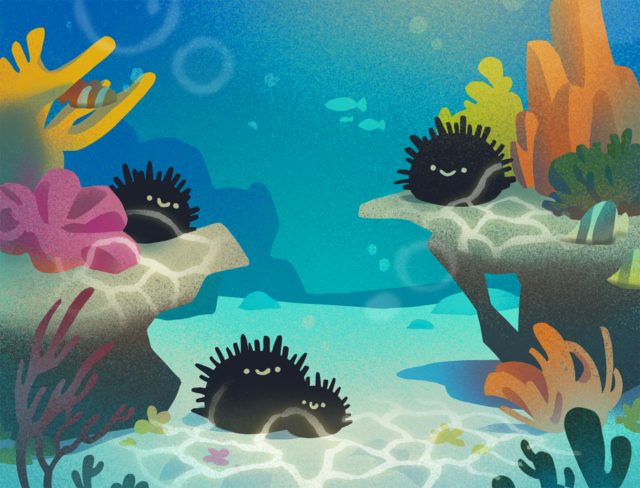

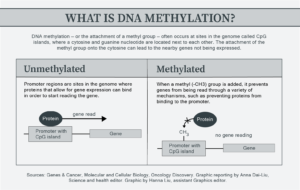
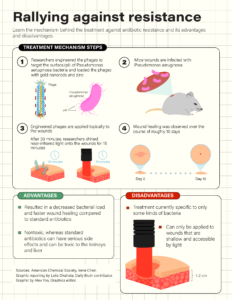
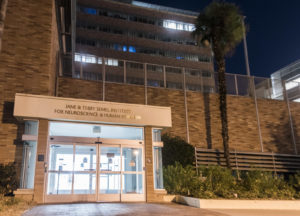
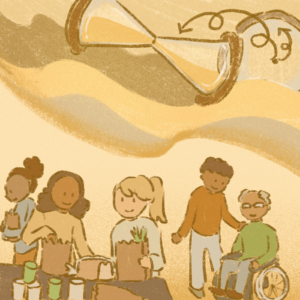
Comments are closed.